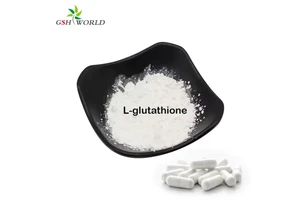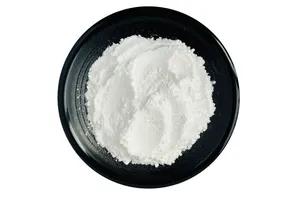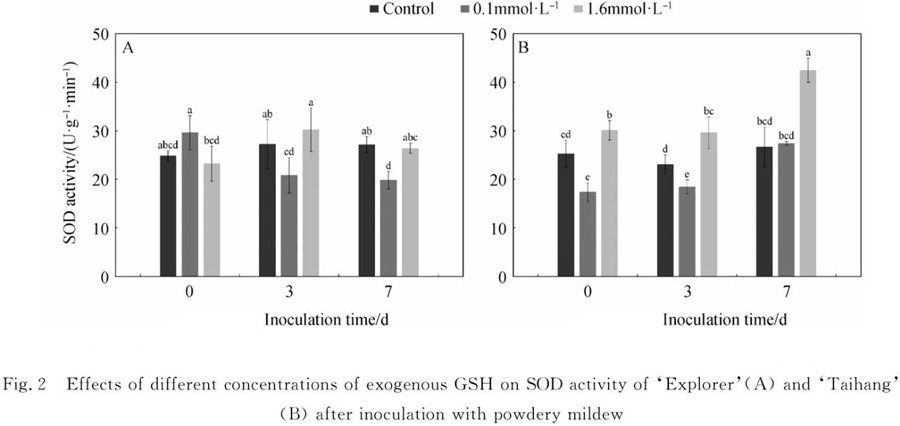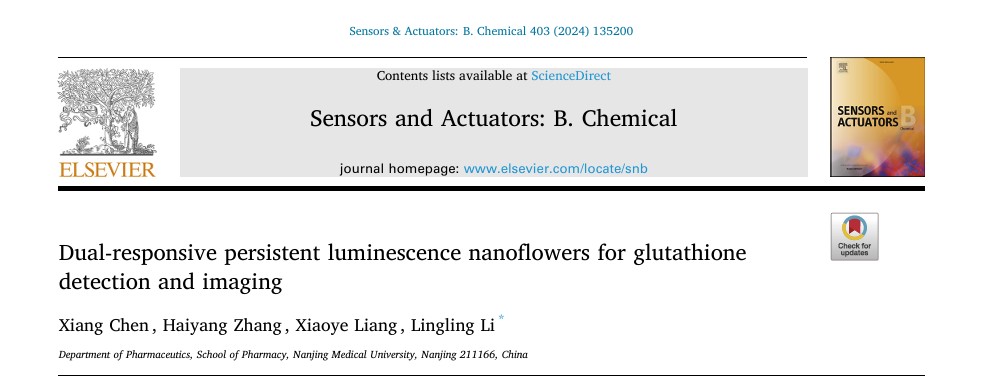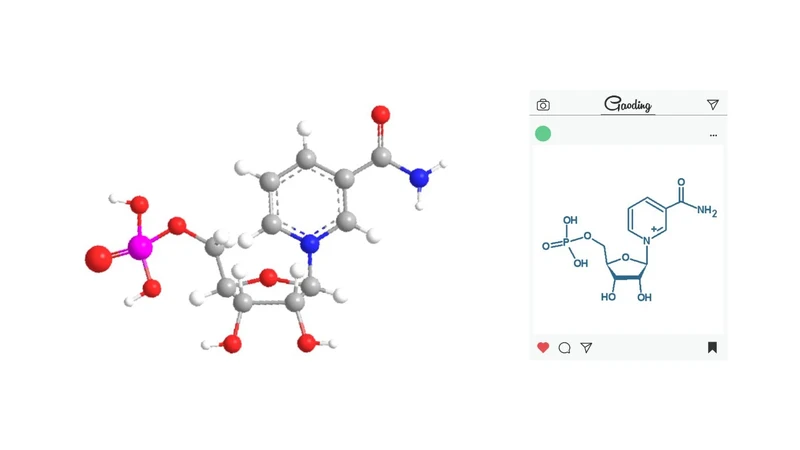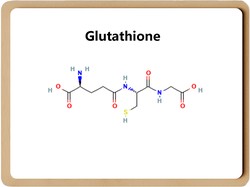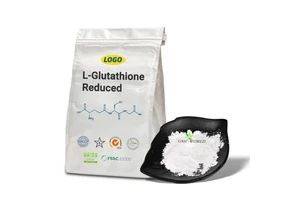Increasing glutathione level can prolong life and reduce the loss of dopamine neurons
In this fast-paced era, we often hear the saying "happiness is the best medicine for life".
Keeping an optimistic attitude plays an important role in improving the quality of life.
Have you ever wondered if happiness really makes people live longer?

Or, more specifically, does the health of the brain's dopamine neurons, which are responsible for happy emotions, correlate with longevity?
It sounds like a fantasy, but in the world of science, anything is possible.
A recent study published in the Proceedings of the National Academy of Sciences (PNAS) explored this question, and came to a surprising conclusion.
Relationship between lifespan and number of dopamine neurons
The study, using fruit flies (Drosophila melanogaster) as a model, reveals the relationship between longevity and age-related degeneration of dopamine neurons, and in particular how this relationship is affected by glutathione (GSH) levels.
Glutathione is an important antioxidant that is essential for the proper function of cells.
The researchers looked at the number of dopamine neurons in fruit fly strains with different lifespans, choosing the shortest and longest lifespans and evaluating the number of tyrosine hydroxylase (TH) expressing dopamine neurons in aging flies in these strains.
The results were remarkable: the short-lived flies showed significant loss of dopamine neurons during aging, while the long-lived flies retained more dopamine neurons.
This finding hints at a possible direct link between longevity and the degeneration of dopamine neurons.
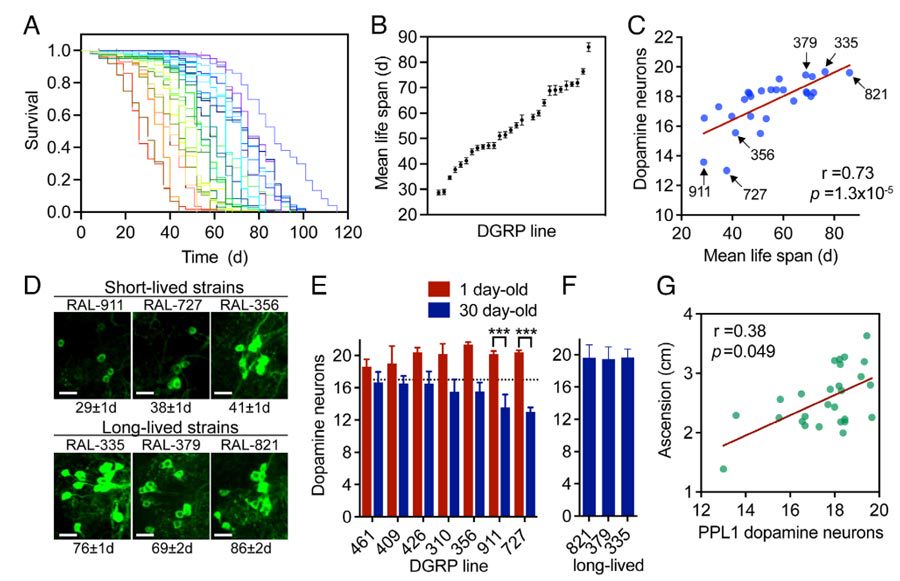
This is consistent with the pathological characteristics of Parkinson's disease, that is, the degeneration of dopamine neurons is closely related to age, which also provides important clues for understanding the pathogenesis of human Parkinson's disease.
Differences in glutathione levels
To further explore the molecular mechanisms of this association, metabolomic analyses were performed on short-lived and long-lived drosophila strains.
The analysis revealed significant metabolite differences between the two strains, especially glutathione levels.
Short-lived strains of flies showed lower reduced and oxidized glutathione levels, which were strongly associated with their longevity and dopamine neuron loss.
Glutathione is one of the most important antioxidants in the cell, and the decrease in its level may be related to the degeneration of dopamine neurons.
This suggests that glutathione may play a key role in regulating the health and longevity of dopamine neurons.
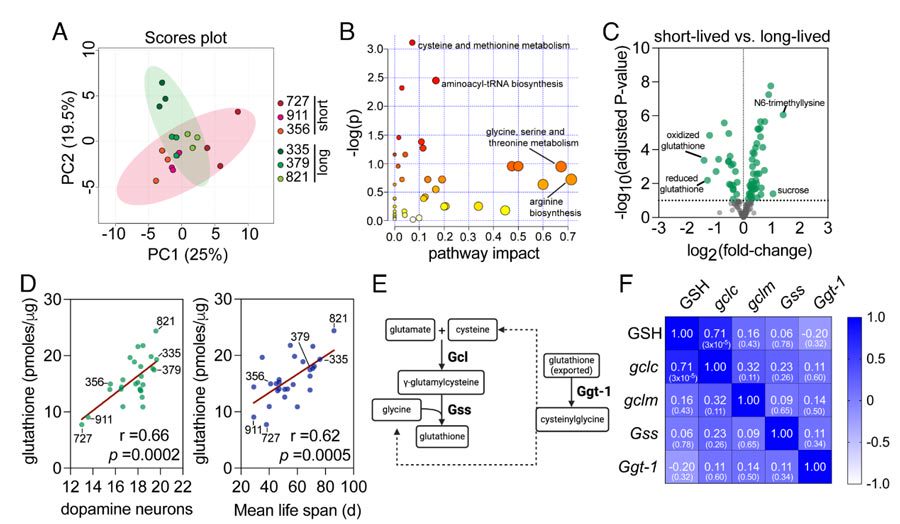
Reduced levels of glutathione, an important antioxidant, may be related to increased levels of reactive oxygen species (ROS).
So the researchers further measured the levels of glutathione and ROS in the flies' heads and found that the short-lived strains had higher ROS levels.
More interestingly, increasing glutathione levels through overexpression of glutamate-cysteine ligase (Gcl) significantly reduced ROS levels, thereby protecting dopamine neurons.
This finding highlights the importance of glutathione in defending against oxidative stress and maintaining neuronal health.
The effect of increasing glutathione level
To test whether increasing glutathione levels could combat the neurodegenerative changes associated with short lifespan, the researchers overexpressed Gcl in short-lived fruit flies.
The results were encouraging: the flies lived longer and the loss of dopamine neurons was stopped.
This suggests that by increasing glutathione levels, it is possible to effectively combat age-related neurodegenerative changes and thus prolong life.
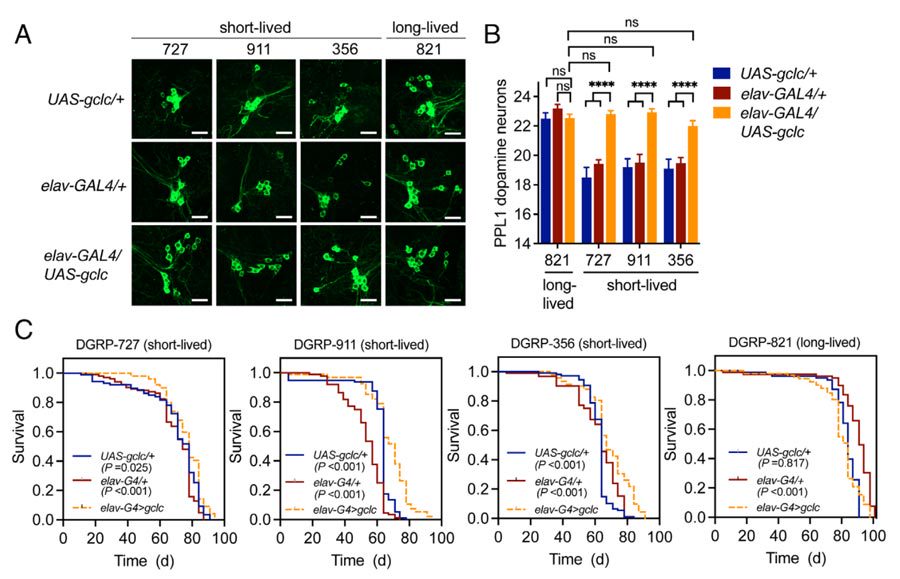
To further explore the role of oxidative stress in the loss of dopamine neurons, the researchers treated fruit flies with H2O2 and observed their survival rates.
The results showed that the short-lived strains were more sensitive to H2O2, which was consistent with their higher ROS levels and lower glutathione levels.
These results further confirm the important role of oxidative stress in the degeneration of dopamine neurons.
The role of Parkin gene
Mutations in the Parkin gene are associated with familial Parkinson's disease, and dysfunction of the Parkin gene may lead to an increase in oxidative stress, which in turn triggers the degeneration of dopamine neurons.
The researchers further investigated the effect of Parkin gene silencing on dopamine neurons.
They found that in short-lived strains, silencing the Parkin gene led to a loss of dopamine neurons, while in long-lived strains, the effect was less pronounced.
This finding is consistent with previous research suggesting that Parkin plays an important role in protecting dopamine neurons from oxidative stress damage, and also further highlights the importance of glutathione in maintaining the health of dopamine neurons.
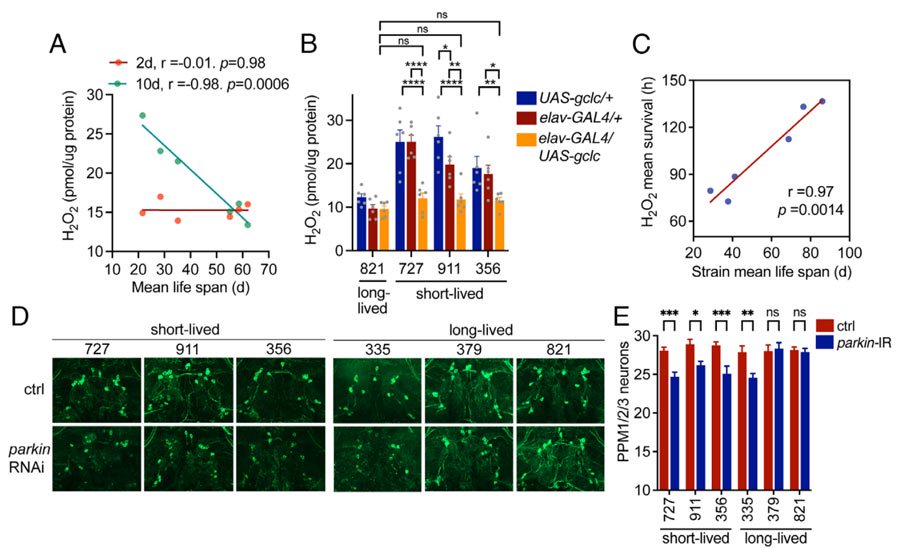
Verification of universality
The study was not limited to fruit fly models, but also extended to human brain samples from Parkinson's disease patients.
In patients carrying the LRRK2 G2019S mutation, the researchers also observed reduced Gcl expression, which echoes findings in the fruit fly model, suggesting that reduced glutathione synthesis may play a role in the pathogenesis of human Parkinson's disease.
To ensure the broad applicability of the findings, the researchers further examined the effects of sex, mating status, and culture conditions on lifespan, number of dopamine neurons, glutathione levels, and ROS levels.
The results found that although sex, mating status, and culture conditions may affect the physiological status of flies, the basic relationship between glutathione levels and dopamine neuron health and longevity remained consistent across conditions.
This confirms the central role of glutathione in regulating the health and longevity of dopamine neurons.
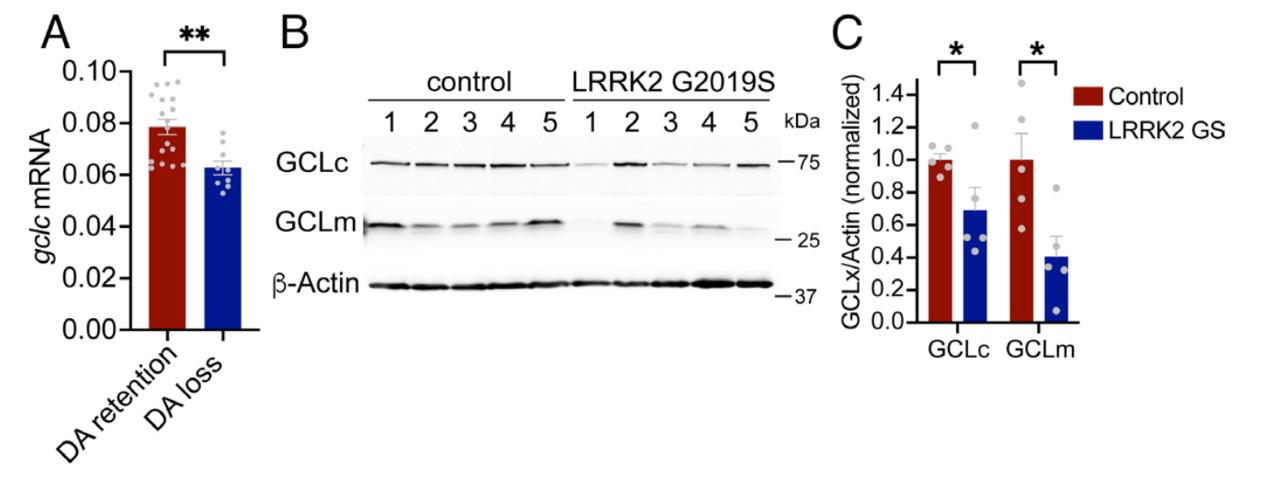
conclusion
With this study, the researchers not only revealed a strong link between longevity and the health status of dopamine neurons, but also discovered a key role for glutathione in this process.
This provides new insights into our understanding of neurodegenerative diseases during aging and opens new avenues for finding potential therapeutic strategies to delay aging and prevent diseases such as Parkinson's disease.
To return to the original question, does happiness really make people live longer?
From a scientific point of view, the answer seems to be yes.
The health of dopamine neurons directly affects an individual's mood and behavior, and glutathione is an important antioxidant that protects these neurons from oxidative stress.
Your unhappiness also affects the body, and as we've reported in previous tweets, aging is not only determined by physiological factors, but also, to a certain extent, by psychological states.
Eight negative emotions (worry, lack of focus, depression, hopelessness, fear, difficulty sleeping, sadness, loneliness) accelerate aging and are even more harmful than smoking by 32%!
References:
Coleman CR, Pallos J, Arreola-Bustos A, et al. Natural variation in age-related dopamine neuron degeneration is glutathione dependent and linked to life span. Proc Natl Acad Sci U S A. 2024;121(42):e2403450121. doi:10.1073/pnas.2403450121



